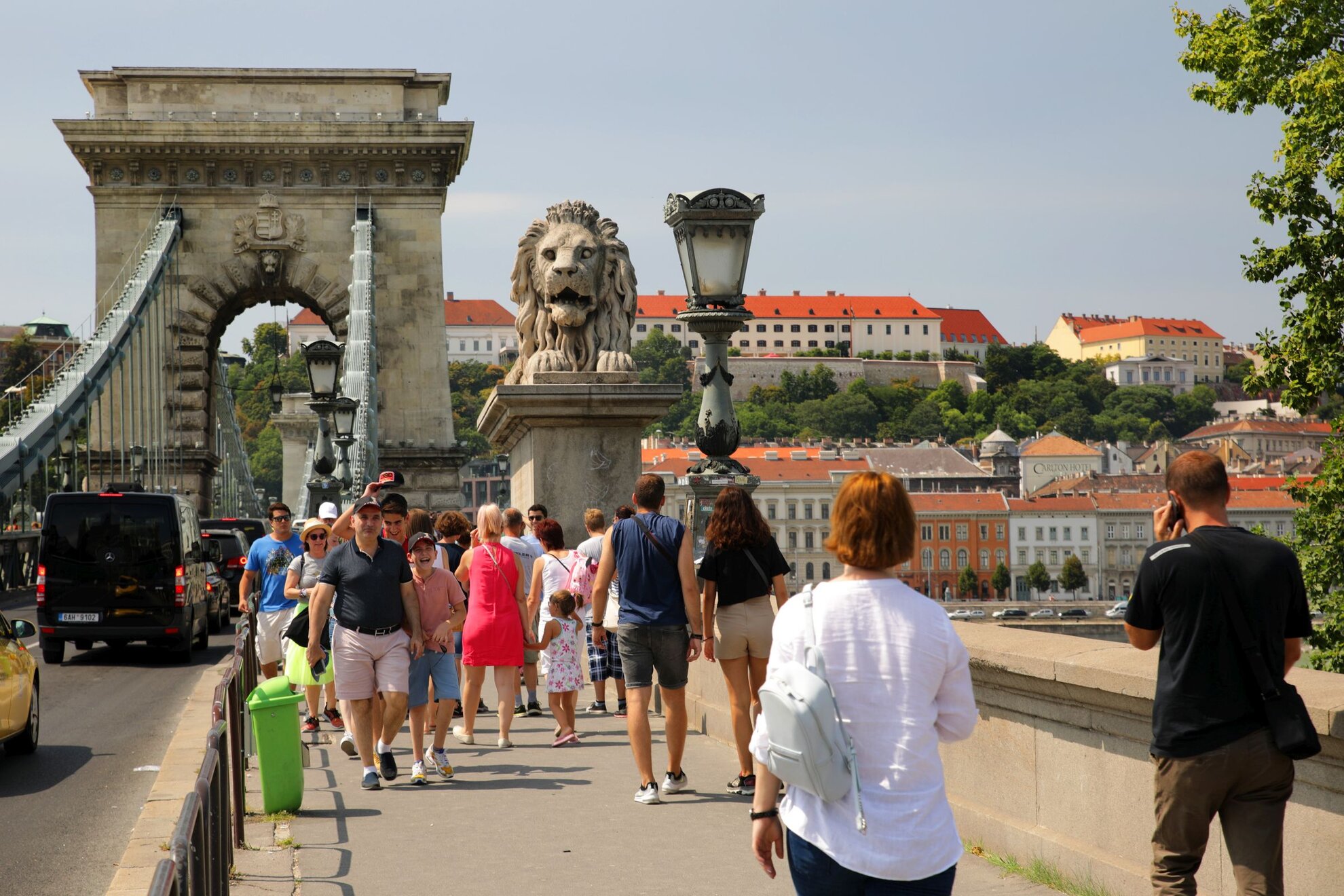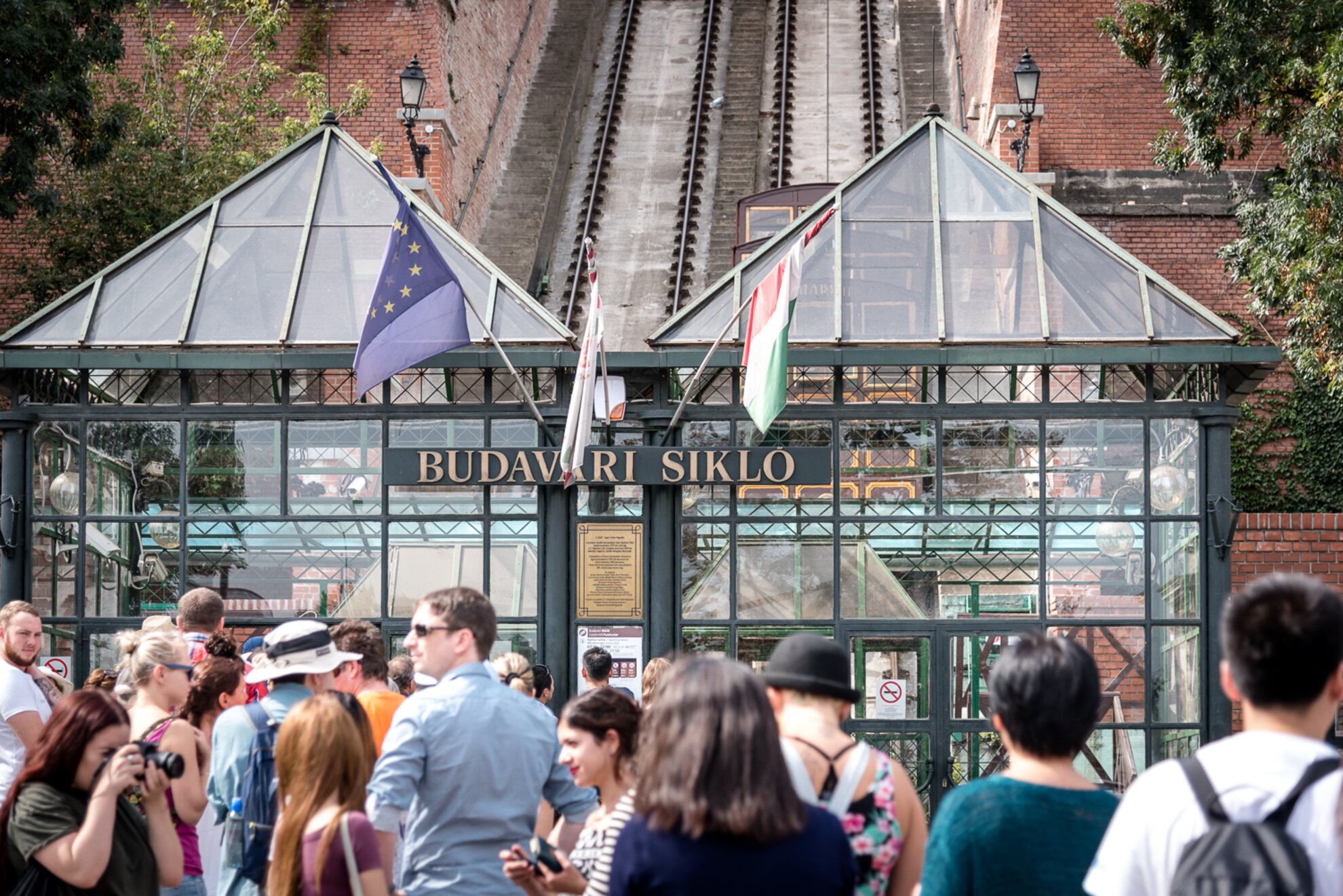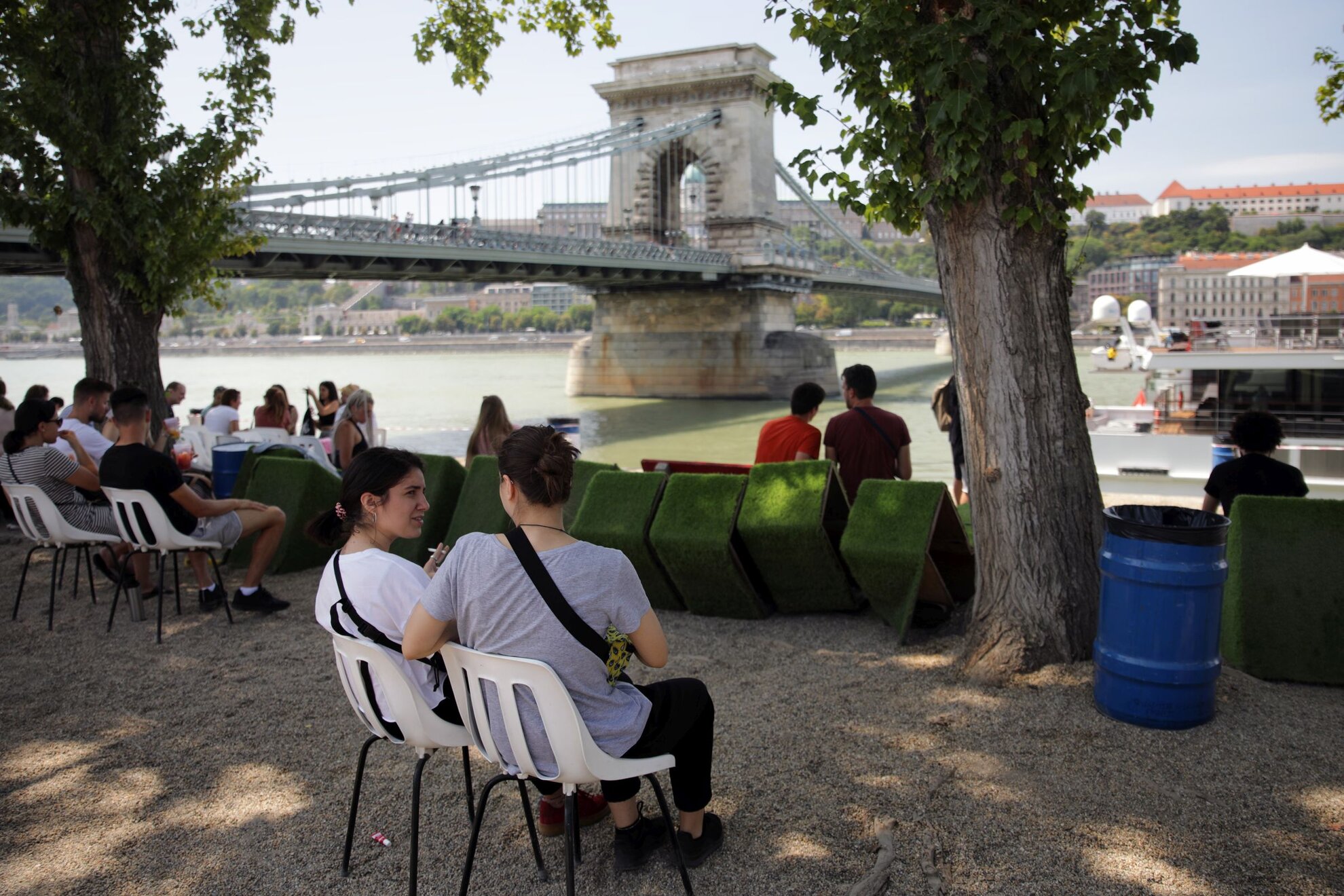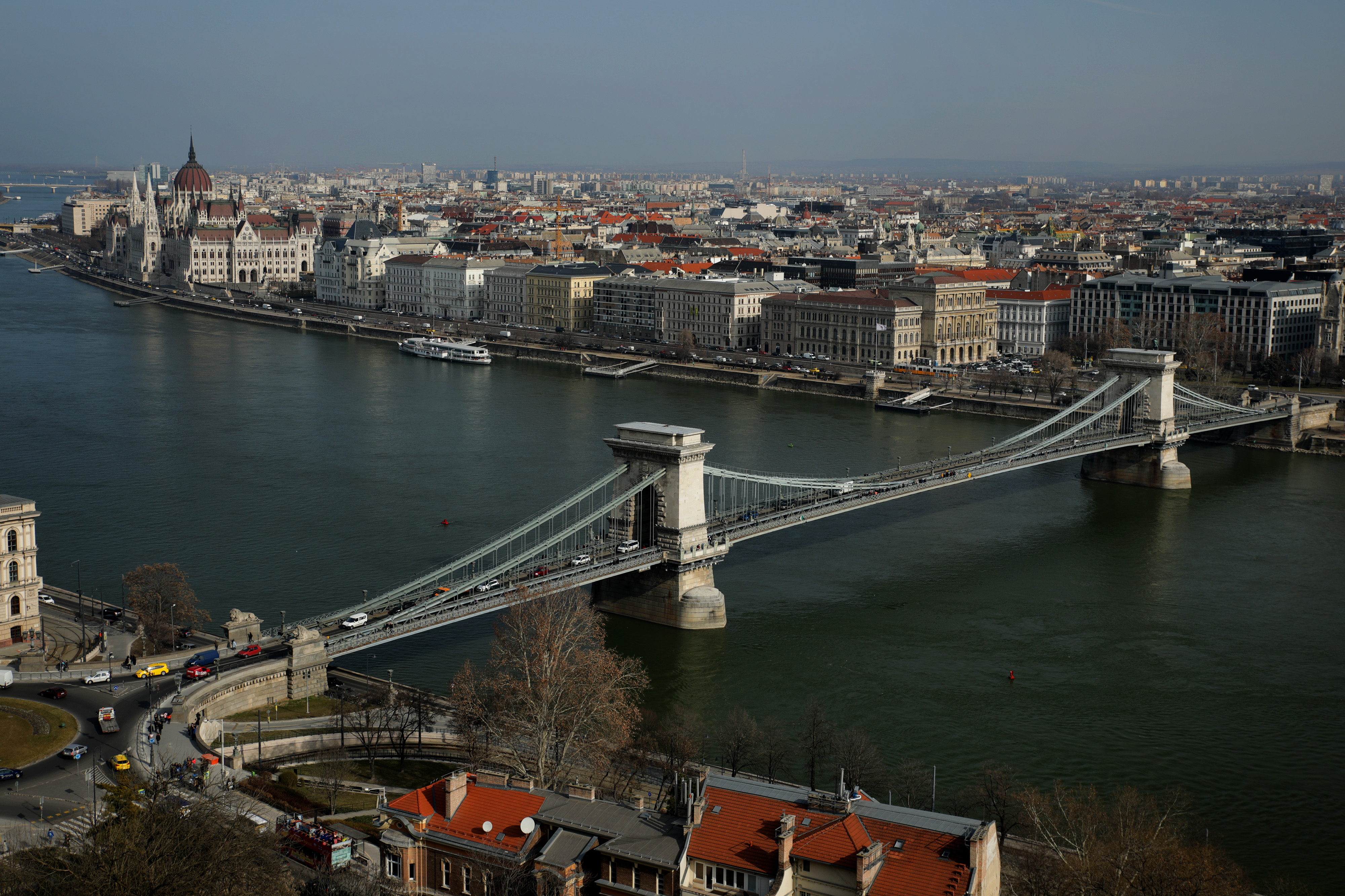With occupancy rates in hotels reaching 80%, and more than 88% in spa hotels, accommodation revenue showed increases across the board, including in private lodgings and at campsites.

While certain events attracted tourists from specific countries – there was a spike in visitors from Israel for the Maccabi European Games here – the key trend has been a significant growth in numbers from Russia. With direct flights from Moscow, St Petersburg and now Kazan, Russian visitors to Budapest rose by 12%, with an 18.5% increase in guest stays.

Nearer to home, tourist traffic from Germany surpassed the numbers coming from Italy, while French travellers flocked to Budapest in July.

Figures for Chinese and Korean visitors remained stable, as did those from Hungary’s near neighbours, Poland, Romania, Austria and Ukraine. With the launch of direct flights from Shanghai this June, we can expect changes in the hierarchy come December 2019.
Visitor figures to Budapest, January-July 2019
- UK 544,447
- USA 430,691
- Germany 391,891
- Italy 307,802
- Russia 228,225
- Spain 222,122
- France 215,088
- Israel 214,192
- China 185,392
- South Korea 139,555




